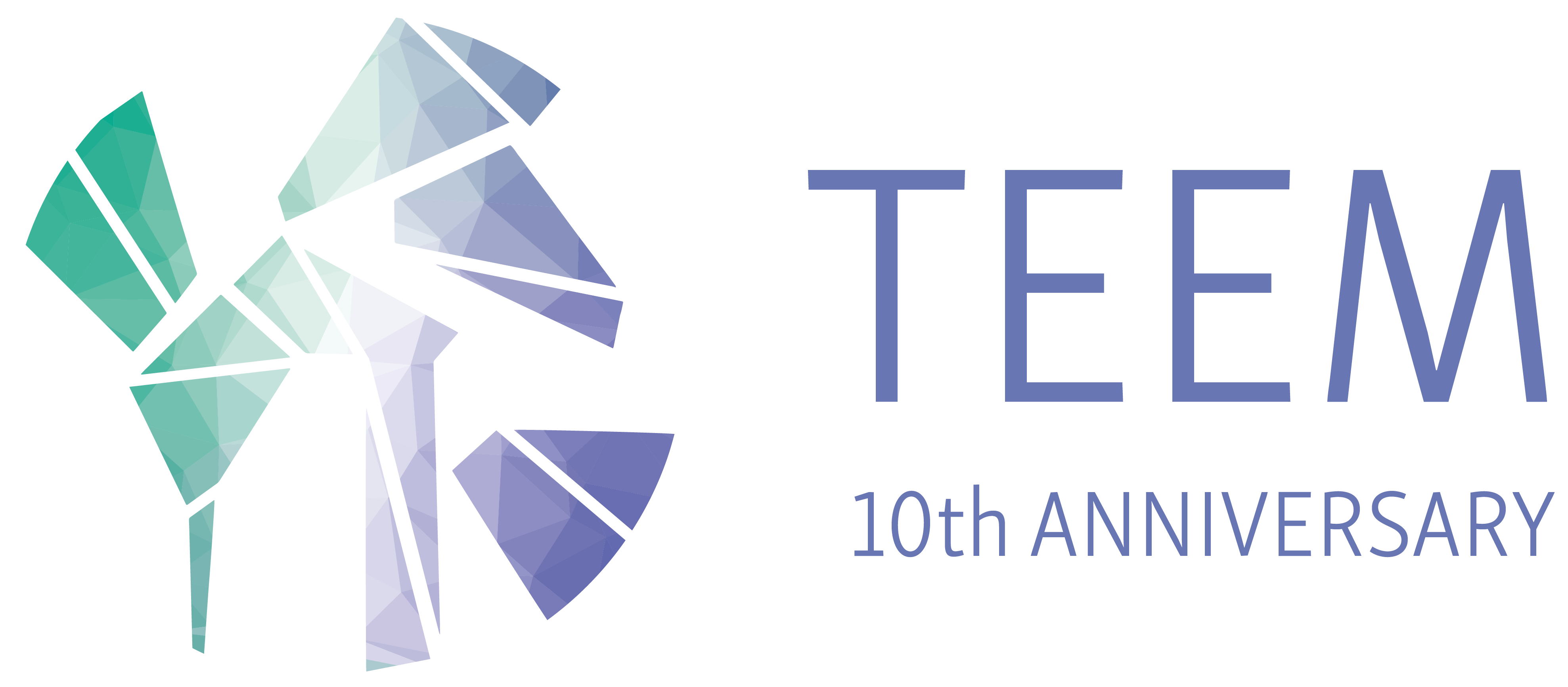Presentation
This track is dedicated to contemporary issues in engineering education concerning students’ learning and teachers’ practices. Specifically, those related to the needs of graduate students regarding the required professional skills. In this context, the link with local companies who receive internship students or employ young graduates is fundamental.
This year special focus will also address teachers’ professional development and lessons learned during the restriction of the COVID19 pandemic. After enduring several semesters with online classes or a hybrid regime, professors all over the world made changes to keep preparing students as competent professionals, even at a distance.
Education in general, and engineering education specifically, reflected those changes and new approaches that roused massively as portrayed in recent literature. Teachers were forced to further develop their digital competences and/or work with remote resources. Most of them quickly understood that online classes should have different dynamics. So, they learnt new educational strategies and developed new resources. Teachers may have pursued different paths, but with the common objective of providing their students the opportunity to continuing achieving their learning goals.
This track would welcome these teachers’ reflections, based on qualitative/quantitative analyses comparing experiences. Reflections upon their own practice or other practices worth reporting. Not all went well, and certainly not for everyone. Unfortunately, the access to digital resources is not the same all over the planet, but certainly teachers’ efforts were equally eager to succeed. Also, any work which might reflect the changes these “Covid era” students undertook and the competences they improved or not are also welcome. The employers’ perspectives who are receiving these students can certainly contribute to a better understanding of the results of those changes. We certainly can learn from everybody’s voices!
Topics
- Project work in engineering education
- PBL engineering experiences
- Learning gains from contacts with engineering profession
- Improving engineering professional, social and/or scientific competences
- Engineering graduate students’ competences versus companies’ professional needs
- Long term vision about engineering education
- Capstone projects – final year projects
- Cornerstone projects – first year projects
- Emerging technologies in teaching
- Merging academia and professional practices
- Multicultural aspects of engineering education
- Online teaching and learning in engineering
Track Scientific Committee
Maria Clara Viegas (Instituto Superior de Engenharia do Porto, Portugal) – Chair
Natércia Lima (Instituto Superior de Engenharia do Porto, Portugal) – Chair
María Isabel Pozzo (National University of Rosario, Argentina) – Chair
Alexandre da Silva Pinto (Escola Superior de Educação do Porto, Portugal)
Ana Pavani (PUC-Rio, Brazil)
André Fidalgo (Instituto Superior de Engenharia do Porto, Portugal)
Bernardino Lopes (Universidade de Trás-os-Montes e Alto Douro, Portugal)
Bertil Marques (Instituto Superior de Engenharia do Porto, Portugal)
Carlos Felgueiras (Instituto Superior de Engenharia do Porto, Portugal)
Celina Leão (Universidade Minho, Portugal)
Claudius Terkowsky (TU Dortmund University, Germany)
Diogo Ribeiro (Instituto Superior de Engenharia do Porto, Portugal)
Elisabete Nogueira (Instituto Superior de Engenharia do Porto, Portugal)
Gustavo Ribeiro Alves (Instituto Superior de Engenharia do Porto, Portugal)
Graciela Carnevali (National Technological University, Argentina)
J. P. Cravino (Universidade de Trás-os-Montes e Alto Douro, Portugal)
Javier Garcia-Zubia (Universidad de Deusto, Spain)
Joaquim Alves (Instituto Superior de Engenharia do Porto, Portugal)
Juarez Bento da Silva (Universidade Federal de Santa Catarina, Brazil)
Luis Schlichting (Instituto Federal de Santa Catarina, Brazil)
Manuel Castro (UNED, Spain)
Manuel Rodríguez Martín (Universidad de Salamanca, Spain)
Marcela Cavallo (National University of Rosario, Argentina)
Marcelo Zannin (Universidade Federal de Santa Catarina, Brazil)
Margarida Ribeiro (Instituto Superior de Engenharia do Porto, Portugal)
Maria Arcelina Marques (Instituto Superior de Engenharia do Porto, Portugal)
Pablo Rodríguez-Gonzálvez (Universidad de León, Spain)
Ricardo Costa (Instituto Superior de Engenharia do Porto, Portugal)
Rosa Cabrales (Universidad de Oriente, Cuba)
Sonia Concari (Universidad Tecnológica Nacional, Argentina)
Sonia Labrada (Universidad de Oriente, Cuba)
Teresa Sena Esteves (Instituto Superior de Engenharia do Porto, Portugal)
